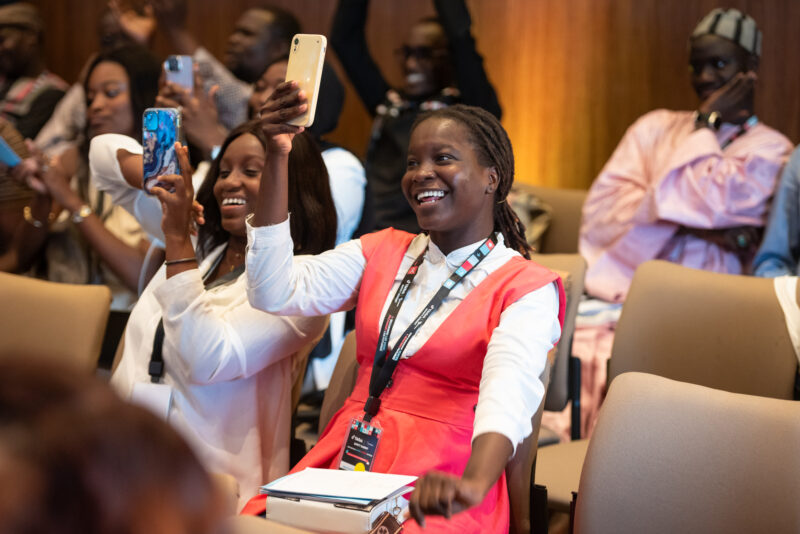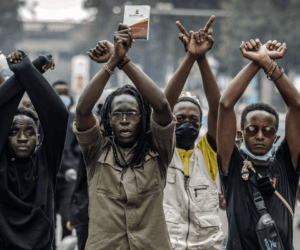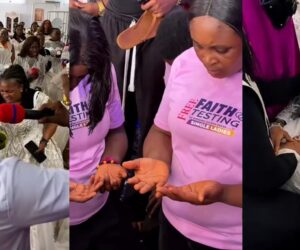Senior Nigerian government officials and digital safety experts played a pivotal role at TikTok’s West Africa Safety Summit held in Dakar, Senegal, as the platform intensifies efforts to create a safer digital ecosystem across the region.
The summit, hosted in partnership with AfricTivistes, brought together government officials, policy experts, NGOs, regulators, media representatives, and industry leaders from Nigeria, Senegal, Mali, Côte d’Ivoire, Burkina Faso, Chad, and Ethiopia.
The gathering focused on strengthening user protection and developing content moderation frameworks tailored to West Africa’s unique challenges.
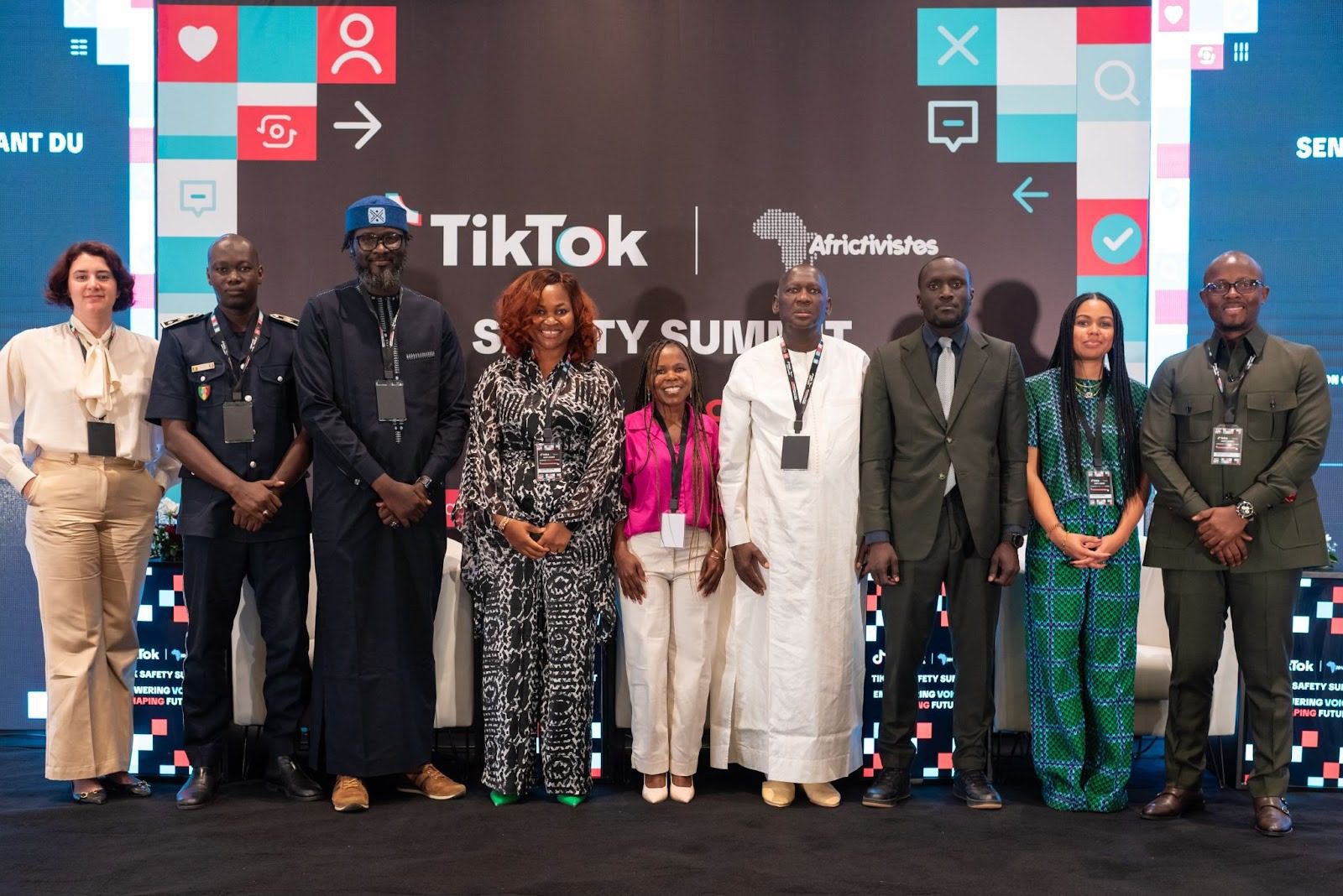
At the forefront of the discussions was Dr Akinola Olojo, a Nigerian expert on preventing and countering violent extremism who serves on TikTok’s Sub-Saharan Africa Safety Advisory Council.
Dr Olojo emphasised the need for proactive approaches rather than reactive measures in addressing online safety challenges.
“In today’s interconnected world, we must move beyond reactive measures and continue to build proactive systems that empower communities, especially in Africa, to resist radicalisation and leverage online spaces for positive social impact,” Dr Olojo stated during the summit.
The Nigerian delegation’s prominent presence underscored the country’s commitment to shaping regional digital policy and ensuring online platforms serve as safe spaces for users across West Africa.
Massive TikTok content moderation efforts in Nigeria
The summit coincided with the release of TikTok’s Quarter 2 2025 Community Guidelines Enforcement Report, which revealed the scale of content moderation work happening in Nigeria. Between April and June 2025, TikTok removed 3,780,426 videos in Nigeria for violating the platform’s Community Guidelines.
The numbers demonstrate the effectiveness of AI-driven moderation systems. An impressive 98.7% of removed videos were taken down before receiving a single view, while 91.9% were removed within 24 hours of being posted. This proactive approach ensures that harmful content has minimal exposure to users.
Additionally, TikTok banned 49,512 LIVE sessions in Nigeria during the same period, demonstrating the platform’s commitment to real-time safety measures.
TikTok’s Outreach and Partnerships Manager for Sub-Saharan Africa, Duduzile Mkhize, emphasised the importance of balancing global standards with local realities.
“While global, we remain hyper-local in our everyday efforts,” Mkhize explained. “The dialogue at this Summit is invaluable because only through insights sharing and collaboration with policymakers and local partners across West Africa can we prevent a fragmented and insecure digital environment.”
Globally, TikTok removed over 189 million videos during the second quarter of 2025, representing just 0.7% of all content uploaded to the platform. The platform’s AI-driven moderation systems handled 163.9 million of these removals, with 99.1% detected proactively and 94.4% taken down within 24 hours.
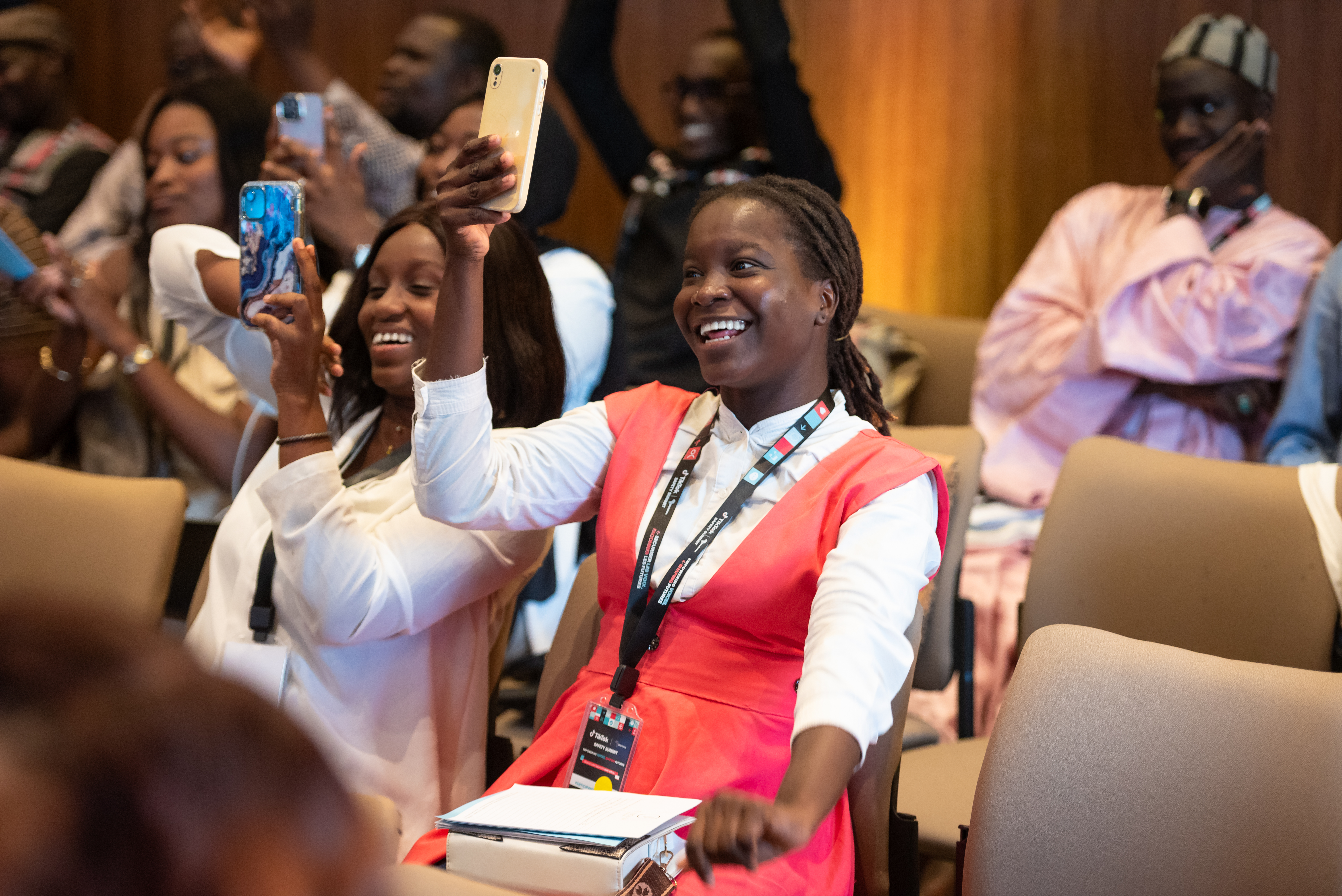

Addressing live streaming challenges
For the first time, TikTok has released data on its enforcement of LIVE monetisation guidelines. In the second quarter of 2025, the platform took action on 2,321,813 LIVE sessions and 1,040,356 LIVE creators globally for violating these guidelines. Actions ranged from warnings to complete demonetisation.
The warning system serves an educational purpose, allowing creators understand policy breaches and make necessary adjustments before facing more serious consequences.
The West Africa Safety Summit represents a significant milestone in TikTok’s regional safety efforts under its #SaferTogether initiative. By bringing together diverse stakeholders from across West Africa, the platform aims to foster collaborative action that addresses the region’s specific challenges while maintaining global safety standards.
The summit’s focus on partnership rather than top-down enforcement reflects a growing recognition that effective digital safety requires input from local experts, policymakers, and communities who understand the nuanced challenges facing West African users.
As digital platforms continue to play an increasingly important role in African societies, the collaboration between technology companies, governments, and civil society organisations will be crucial in ensuring that online spaces remain safe, inclusive, and empowering for all users.

